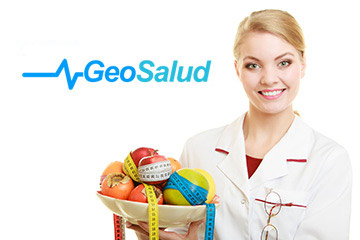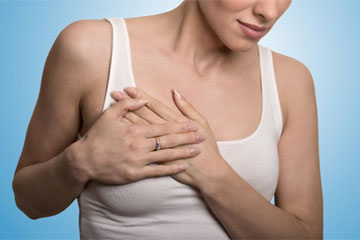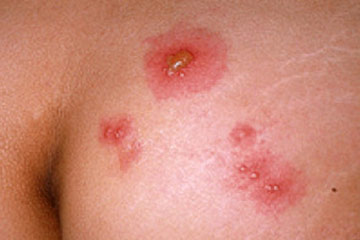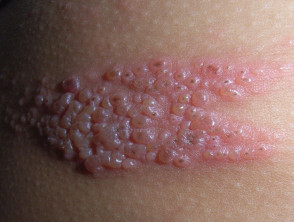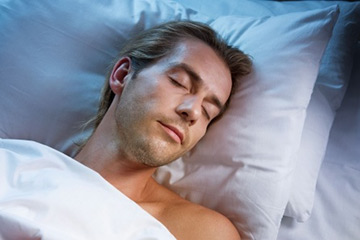Extreme Heat, Prevention Guide II
Replace Salt and Minerals
Heavy sweating removes salt and minerals from the body. These are necessary for your body and must be replaced.
If you must exercise, drink two to four glasses of cool, non-alcoholic fluids each hour. A sports beverage can replace the salt and minerals you lose in sweat.
However, if you are on a low-salt diet, talk with your doctor before drinking a sports beverage or taking salt tablets.
Wear Appropriate Clothing and Sunscreen
Wear as little clothing as possible when you are at home. Choose lightweight, light-colored, loose-fitting clothing. Sunburn affects your body's ability to cool itself and causes a loss of body fluids.
It also causes pain and damages the skin. If you must go outdoors, protect yourself from the sun by wearing a wide-brimmed hat (also keeps you cooler) along with sunglasses, and by putting on sunscreen of SPF 15 or higher (the most effective products say "broad spectrum" or "UVA/UVB protection" on their labels) 30 minutes prior to going out.
Continue to reapply it according to the package directions.
Schedule Outdoor Activities Carefully
If you must be outdoors, try to limit your outdoor activity to morning and evening hours. Try to rest often in shady areas so that your body's thermostat will have a chance to recover.
Pace Yourself
If you are not accustomed to working or exercising in a hot environment, start slowly and pick up the pace gradually. If exertion in the heat makes your heart pound and leaves you gasping for breath, STOP all activity. Get into a cool area or at least into the shade, and rest, especially if you become lightheaded, confused, weak, or faint.
Stay Cool Indoors
Stay indoors and, if at all possible, stay in an air-conditioned place. If your home does not have air conditioning, go to the shopping mall or public library—even a few hours spent in air conditioning can help your body stay cooler when you go back into the heat.
Call your local health department to see if there are any heat-relief shelters in your area.
Electric fans may provide comfort, but when the temperature is in the high 90s, fans will not prevent heat-related illness. Taking a cool shower or bath or moving to an air-conditioned place is a much better way to cool off. Use your stove and oven less to maintain a cooler temperature in your home.
Use a Buddy System
When working in the heat, monitor the condition of your co-workers and have someone do the same for you.
Heat-induced illness can cause a person to become confused or lose consciousness. If you are 65 years of age or older, have a friend or relative call to check on you twice a day during a heat wave. If you know someone in this age group, check on them at least twice a day.
Monitor Those at High Risk
Although anyone at any time can suffer from heat-related illness, some people are at greater risk than others.
- Infants and young children are sensitive to the effects of high temperatures and rely on others to regulate their environments and provide adequate liquids.
- People 65 years of age or older may not compensate for heat stress efficiently and are less likely to sense and respond to change in temperature.
- People who are overweight may be prone to heat sickness because of their tendency to retain more body heat.
- People who overexert during work or exercise may become dehydrated and susceptible to heat sickness.
- People who are physically ill, especially with heart disease or high blood pressure, or who take certain medications, such as for depression, insomnia, or poor circulation, may be affected by extreme heat.
Visit adults at risk at least twice a day and closely watch them for signs of heat exhaustion or heat stroke. Infants and young children, of course, need much more frequent watching.
Adjust to the Environment
Be aware that any sudden change in temperature, such as an early summer heat wave, will be stressful to your body. You will have a greater tolerance for heat if you limit your physical activity until you become accustomed to the heat. If you travel to a hotter climate, allow several days to become acclimated before attempting any vigorous exercise, and work up to it gradually.
Do Not Leave Children in Cars
Even in cool temperatures, cars can heat up to dangerous temperatures very quickly. Even with the windows cracked open, interior temperatures can rise almost 20 degrees Fahrenheit within the first 10 minutes. Anyone left inside is at risk for serious heat-related illnesses or even death. Children who are left unattended in parked cars are at greatest risk for heat stroke, and possibly death. When traveling with children, remember to do the following:
- Never leave infants, children or pets in a parked car, even if the windows are cracked open.
- To remind yourself that a child is in the car, keep a stuffed animal in the car seat. When the child is buckled in, place the stuffed animal in the front with the driver.
- When leaving your car, check to be sure everyone is out of the car. Do not overlook any children who have fallen asleep in the car.
Use Common Sense
Remember to keep cool and use common sense:
-
Avoid hot foods and heavy meals—they add heat to your body.
-
Drink plenty of fluids and replace salts and minerals in your body. Do not take salt tablets unless under medical supervision.
-
Dress infants and children in cool, loose clothing and shade their heads and faces with hats or an umbrella.
-
Limit sun exposure during mid-day hours and in places of potential severe exposure such as beaches.
-
Do not leave infants, children, or pets in a parked car.
-
Provide plenty of fresh water for your pets, and leave the water in a shady area.
Related Topics
Extreme Heat
-
Exposure to Extreme Heat
-
Extreme Heat Prevention I
-
Extreme Heat Prevention II
-
Extreme Heat Prevention III
-
Preventing Heat Related Illness
-
Heat Stress in the Elderly
Español
-
El Calor Extremo y La Salud
-
Efectos del Calor Sobre la Salud
-
Calor Extremo: Primeros Auxilios
-
Estres por Calor en Adultos Mayores
-
Golpe de Calor e Insolación Tratamiento
-
Protección Solar: Cuide su Piel
-
Proteja los Ojos del Sol
-
Protector Solar para su Piel
-
Salud y Ambiente
.
Autor: Dr. Carlos Muñoz Retana
​Actualizado: 11 de Febrero, 2019

